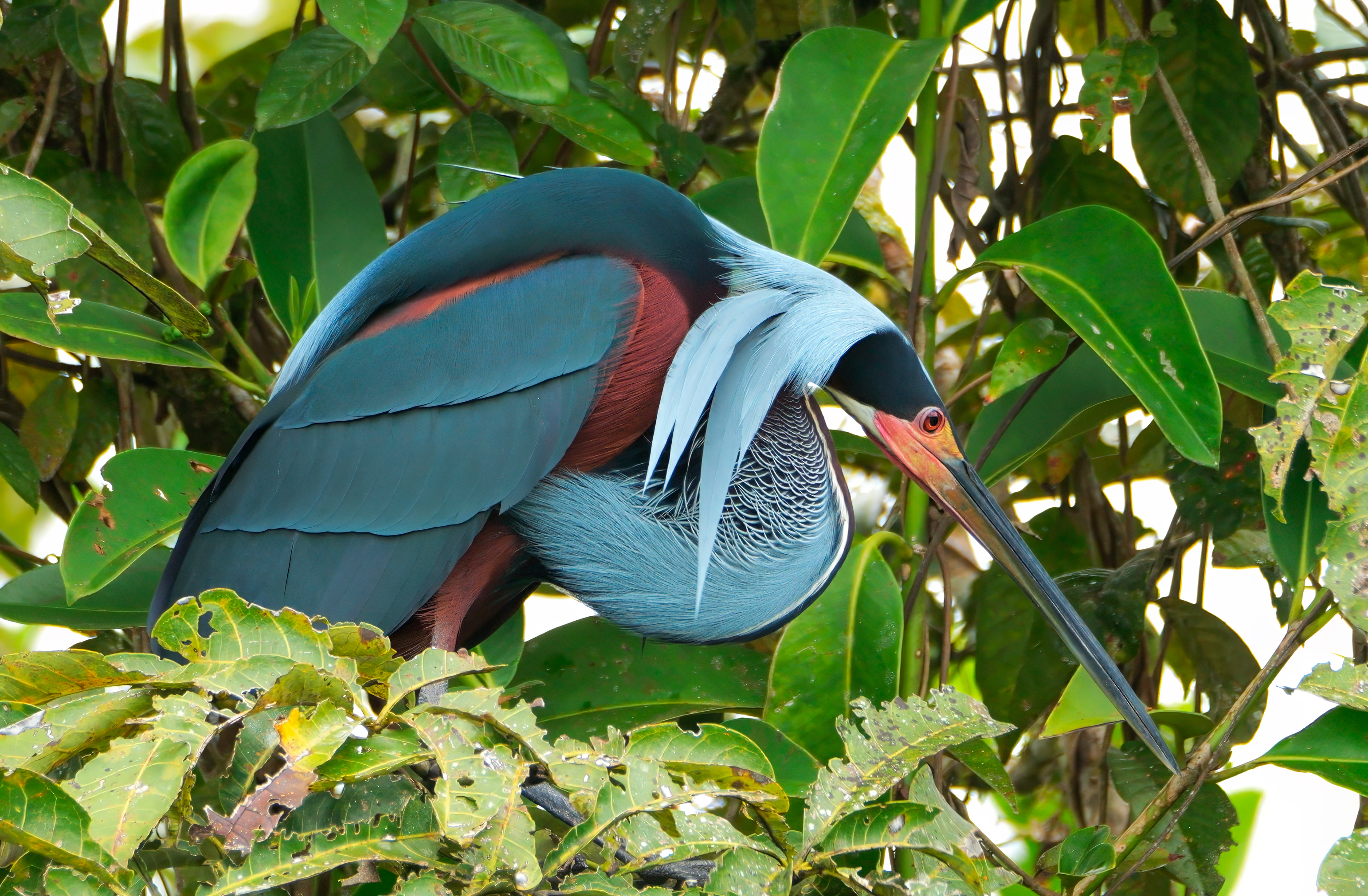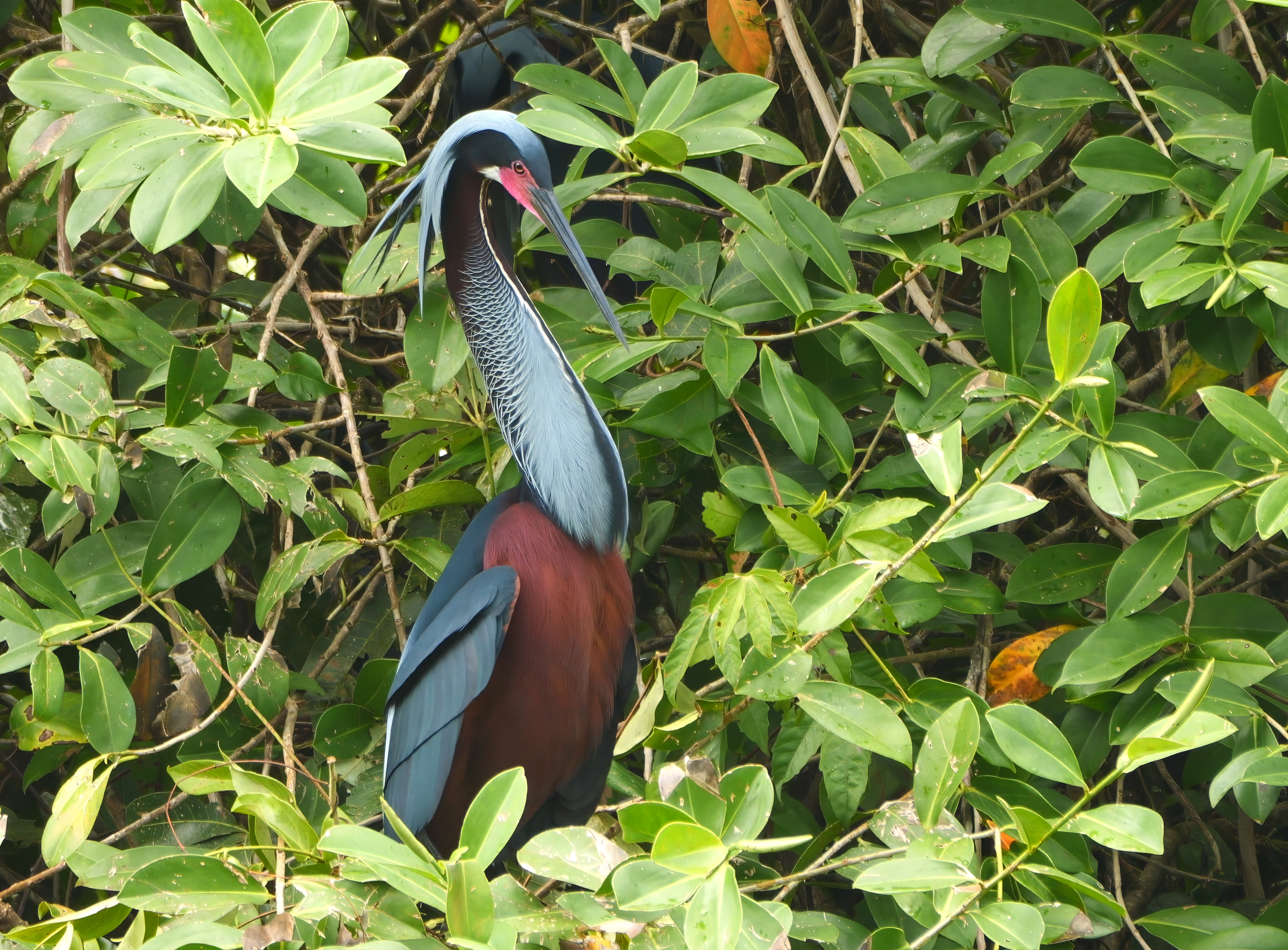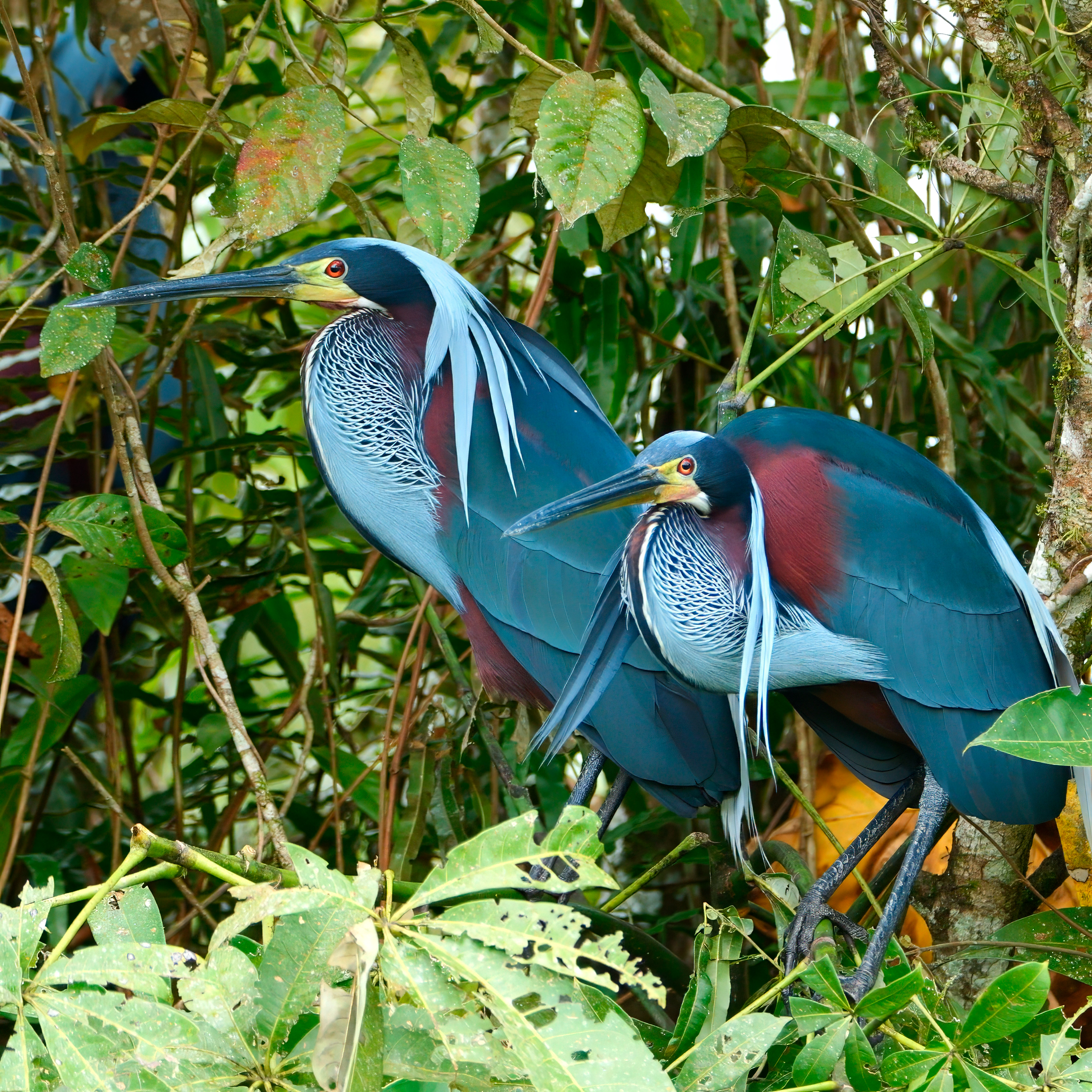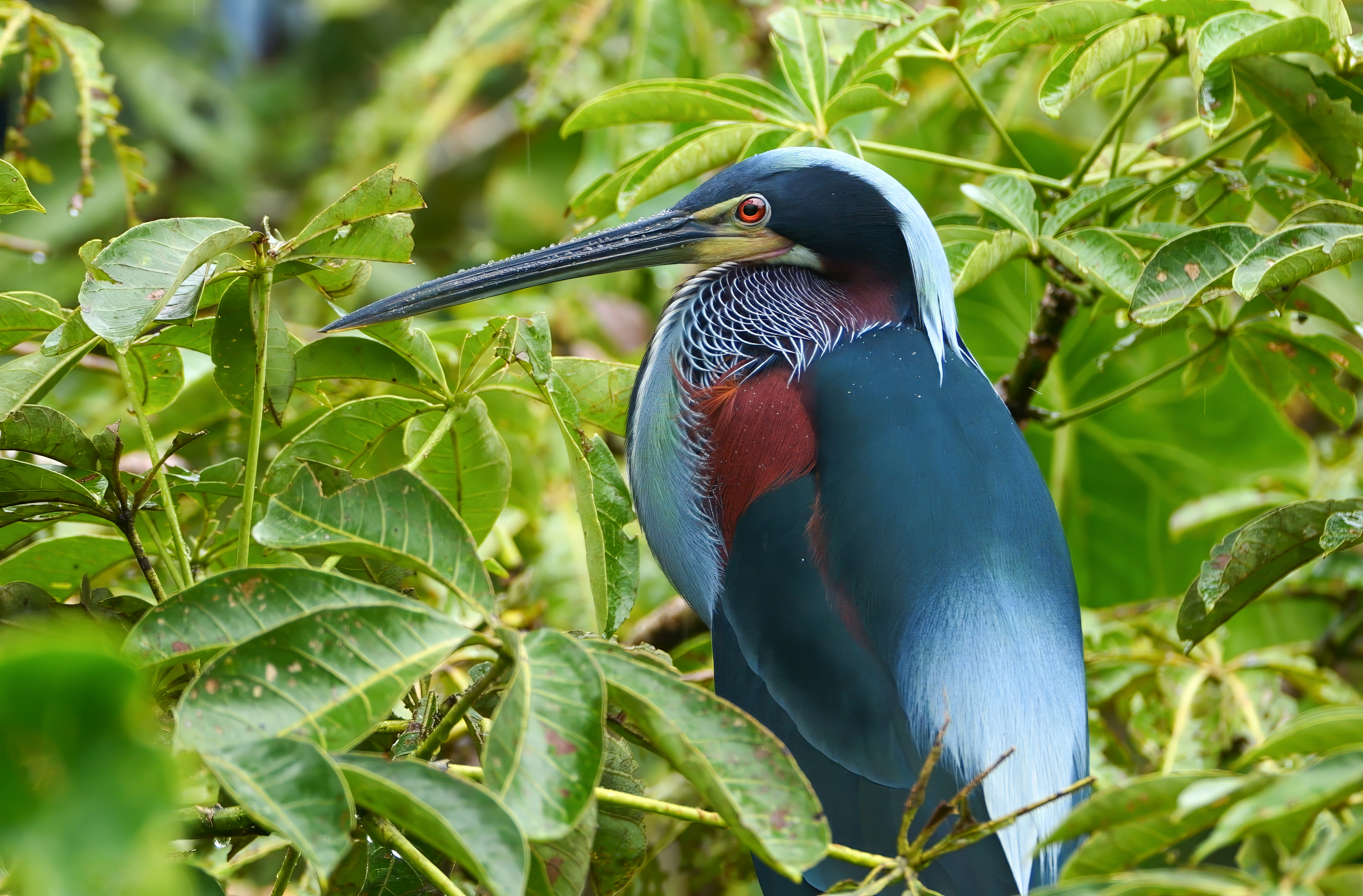
Educational Programs
Empowering Local Communities
Inspiring the next generation of conservationists and creating meaningful job opportunities in northern Costa Rica

Empowering Local Communities
Inspiring the next generation of conservationists and creating meaningful job opportunities in northern Costa Rica
Transforming lives through conservation education
In the isolated northern region of Costa Rica, where job opportunities are limited and communities are sparsely populated, Agami Island Nature Reserve represents more than just a conservation project – it's a gateway to new possibilities for local families.
Our educational programs are designed to break the cycle of limited opportunities by introducing local children and their parents to the wonders of nature, the importance of conservation, and the potential for meaningful careers in ecotourism and environmental science.
Through hands-on learning experiences, students develop critical thinking skills, scientific literacy, and a deep appreciation for their natural heritage. These programs don't just educate – they inspire, empower, and create pathways to high-paying jobs that support both families and conservation efforts.

Comprehensive learning experiences for all ages
Guided tours and hands-on learning experiences for local schools, introducing students to the Agami Heron, wetland ecosystems, and conservation science through interactive activities and observation.
Specialized programs teaching scientific methods, bird identification, water quality testing, and ecological monitoring. Students learn to collect data and contribute to real conservation research.
Photography workshops that teach students to capture the beauty of wildlife and landscapes. These skills can lead to careers in nature photography, tourism, and conservation documentation.
English language learning integrated with nature education, preparing students for careers in international ecotourism and conservation organizations that require bilingual skills.
Educational sessions for parents and community members about sustainable tourism, conservation practices, and how to support their children's education and career development.
Hands-on participation in our reforestation program, teaching students about native species, ecosystem restoration, and the importance of habitat conservation for wildlife.
Our educational programs are designed to create direct pathways to meaningful, well-paying careers in conservation and ecotourism. Students who participate in our programs gain the skills and experience needed for high-demand positions.
These careers offer salaries significantly higher than traditional agricultural work in the region, providing families with financial stability while contributing to conservation efforts.

Our educational programs develop essential skills that prepare students for successful careers in conservation and ecotourism, while also building confidence and leadership abilities.
Students learn to identify bird species, understand animal behavior, and develop keen observational skills essential for wildlife monitoring and guiding.
Practice explaining complex ecological concepts to diverse audiences, developing public speaking and interpersonal communication abilities.
Learn scientific methods, data recording, and basic analysis techniques used in conservation research and monitoring programs.
Develop understanding of different cultures and languages, preparing for work with international visitors and conservation organizations.
Address real conservation challenges, develop critical thinking skills, and learn to adapt to changing environmental conditions.
Take on leadership roles in group projects, learn to work effectively in teams, and develop project management skills.

How education creates lasting positive change
In isolated regions like northern Costa Rica, traditional agricultural work often provides minimal income and limited growth potential. Our educational programs create alternative pathways that benefit both individuals and the community as a whole.
Conservation and ecotourism careers typically offer 2-3 times higher salaries than traditional agricultural work, providing families with greater financial security.
Jobs created at the reserve allow families to stay in their communities rather than migrating to urban areas in search of work.
Students develop a love for learning and science, encouraging them to pursue higher education and professional development opportunities.
Local residents become ambassadors for their region's unique wildlife and natural heritage, fostering pride and stewardship.
Students and guides connect with visitors from around the world, building networks and opportunities for further career advancement.
Local communities become active participants in protecting the Agami Heron and other species, ensuring long-term conservation success.
Your visit to Agami Island Nature Reserve directly supports our educational programs and helps create opportunities for local families. By choosing to visit, you're investing in the future of conservation and the economic well-being of northern Costa Rica's communities.